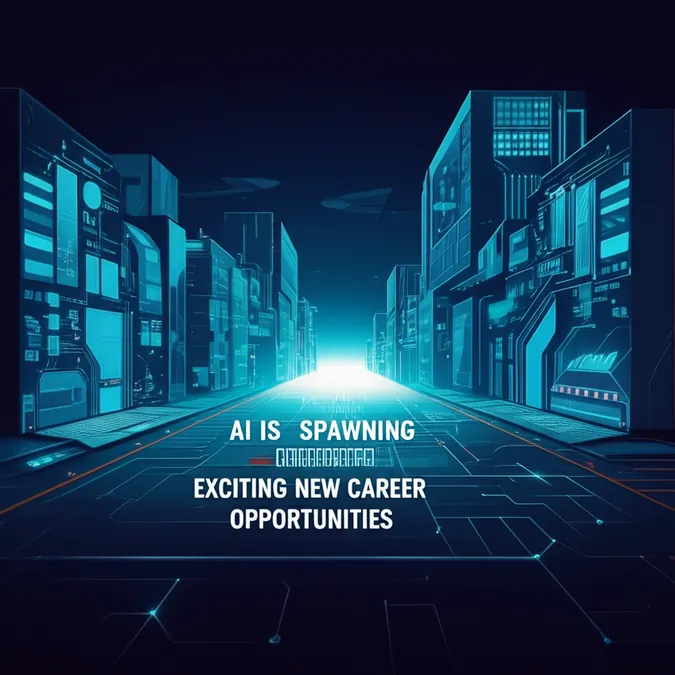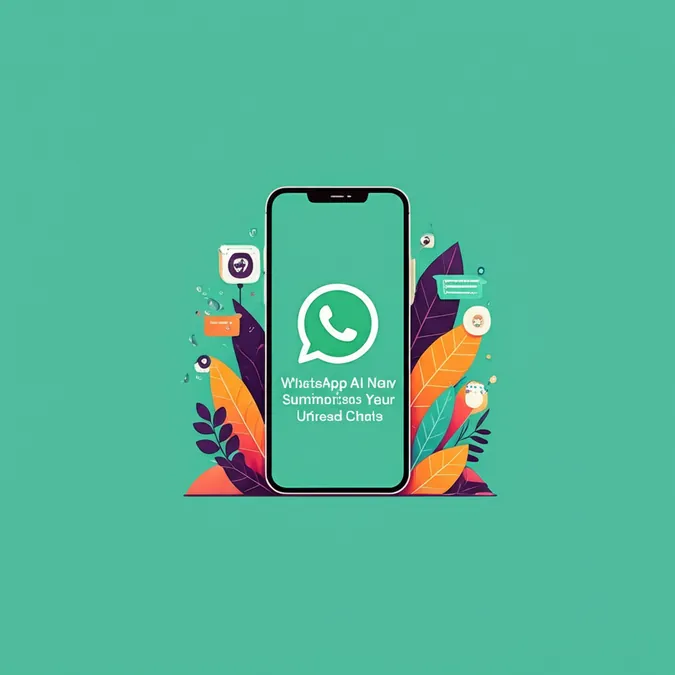Developer Offer
Try ImaginePro API with 50 Free Credits
Build and ship AI-powered visuals with Midjourney, Flux, and more — free credits refresh every month.
Recruiters Battle AI Resumes With More AI

Paper? Never heard of it. Credit: Howard Kingsnorth / Getty Images
The AI Resume Flood and Recruiter Response
The job market is currently experiencing a deluge of AI-generated resumes. This has led to a situation where employers are increasingly compelled to deploy their own AI-powered screening tools to manage the volume.
The Scale of AI-Driven Applications
A recent report from the New York Times highlights a significant trend: LinkedIn experienced a 45 percent rise in job applications via its platform over the last year, translating to an astonishing 11,000 applications every minute. The proliferation of generative AI chatbots, such as ChatGPT, coupled with LinkedIn's native AI features for application customization, are key drivers behind this application surge that is inundating recruiters. Furthermore, numerous AI-powered resume applications are now available, offering to construct resumes or even fully automate the job application procedure.
It's easy to find a wealth of advice online on leveraging AI to revise or completely draft resumes. Common strategies involve prompting tools like ChatGPT to customize a resume for a particular job posting or to create compelling text that emphasizes an applicant's skills to capture recruiter attention.
The Homogenization of Resumes
Ironically, the widespread use of AI tools like ChatGPT to create "stand-out" applications is leading to a paradoxical outcome: many resumes now appear "suspiciously similar," as noted by recruiters interviewed by the Times. This homogeneity makes it increasingly challenging for these recruiters to identify candidates who are authentically and distinctively qualified for open positions.
Employers Fight AI with AI The Hiring Arms Race
To counter this, employers are escalating their adoption of AI tools for application screening, fueling what the report terms an "arms race." For instance, LinkedIn launched a tool in October named Hiring Assistant. This tool is designed to assist recruiters by automating parts of the hiring workflow, including drafting job descriptions and identifying candidates whose qualifications closely align with job requirements.
The New York Times report further illustrates this by citing how companies such as Chipotle have markedly cut down their hiring timelines by employing chatbots for initial candidate screening. This leads to a scenario where candidates might also be utilizing their own AI agents to communicate with recruiters. Hung Lee, who authors a recruiting newsletter, described this to the publication as, "We end up with an AI versus AI type of situation."
An Evolving Game of Cat and Mouse
This AI-driven automation of the job search can be seen as a modern iteration of the long-standing dynamic between job applicants and recruiters. Applicants have consistently sought ways to make their resumes prominent, often by incorporating specific keywords and emphasizing certain skills to navigate initial screening processes. Even prior to the advent of generative AI, recruiters utilized software for the automated screening of applications.
Today, AI tools are increasingly being adopted to relieve recruiters of these more laborious tasks.
Disclosure: Ziff Davis, Mashable’s parent company, initiated legal proceedings against OpenAI in April, citing alleged copyright infringement related to the training and operation of its AI systems.
Compare Plans & Pricing
Find the plan that matches your workload and unlock full access to ImaginePro.
| Plan | Price | Highlights |
|---|---|---|
| Standard | $8 / month |
|
| Premium | $20 / month |
|
Need custom terms? Talk to us to tailor credits, rate limits, or deployment options.
View All Pricing Details

